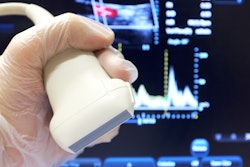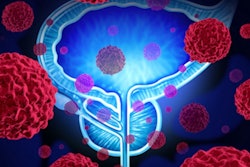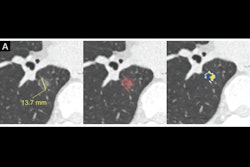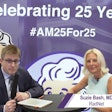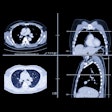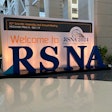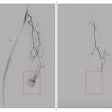More in Home
Radiologists can help reduce cycles of intimate partner violence
December 3, 2024
Video from RSNA 2024: Lasting changes from COVID-19
December 3, 2024
Video from RSNA 2024: Radiology and the law
December 3, 2024
Video from RSNA 2024: AI is transforming radiology
December 3, 2024
Community support boosts LCS uptake
December 3, 2024
AI improves clinical workflows in European hospital system
December 3, 2024
Interventional radiology could use more AI tools
December 3, 2024
MRI safety: How Japan deals with it
December 3, 2024










